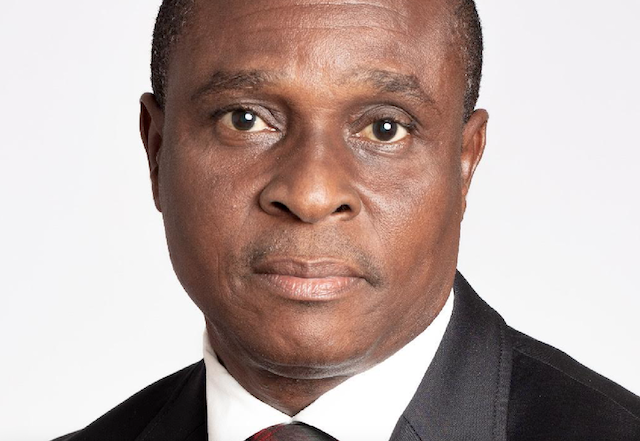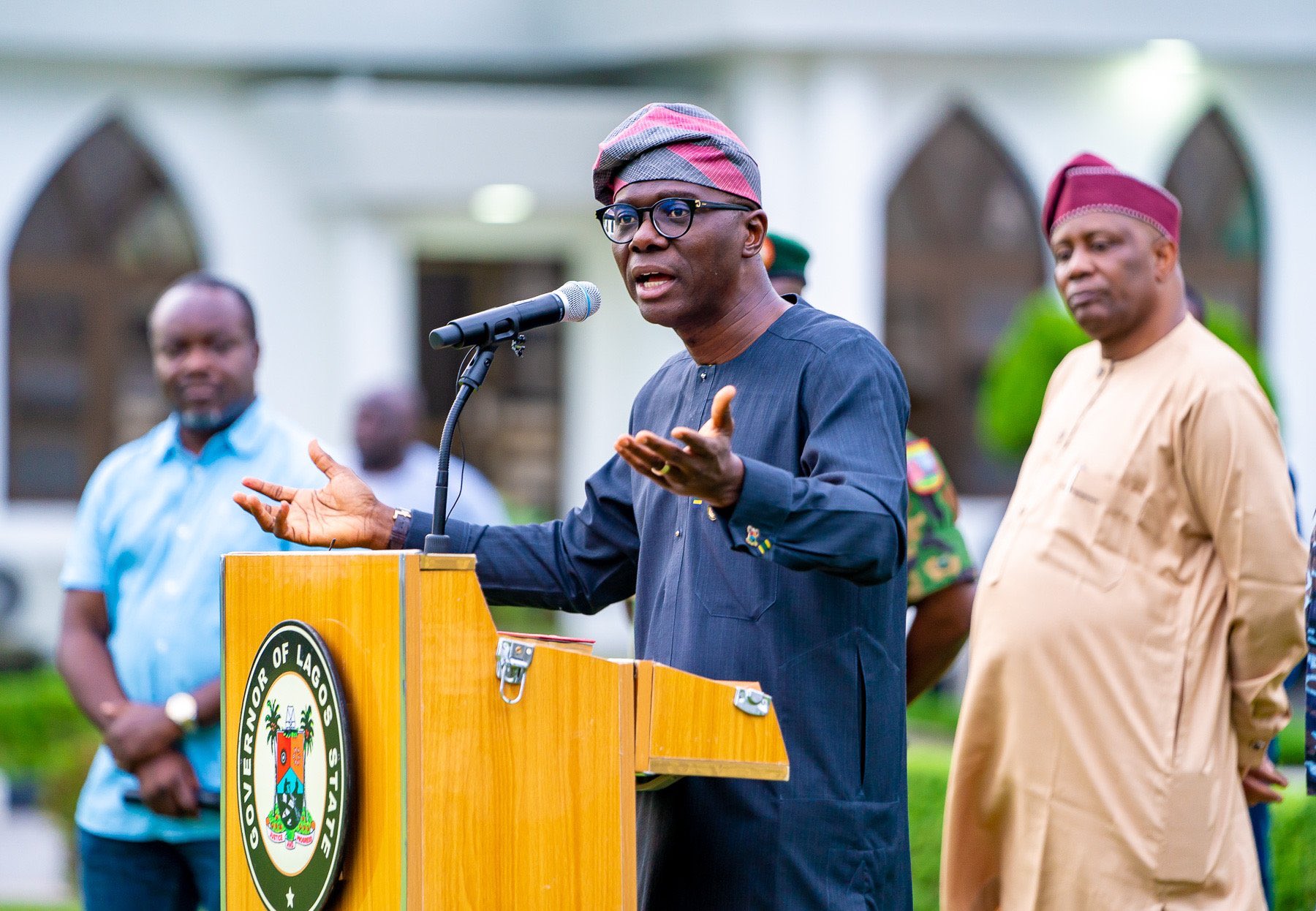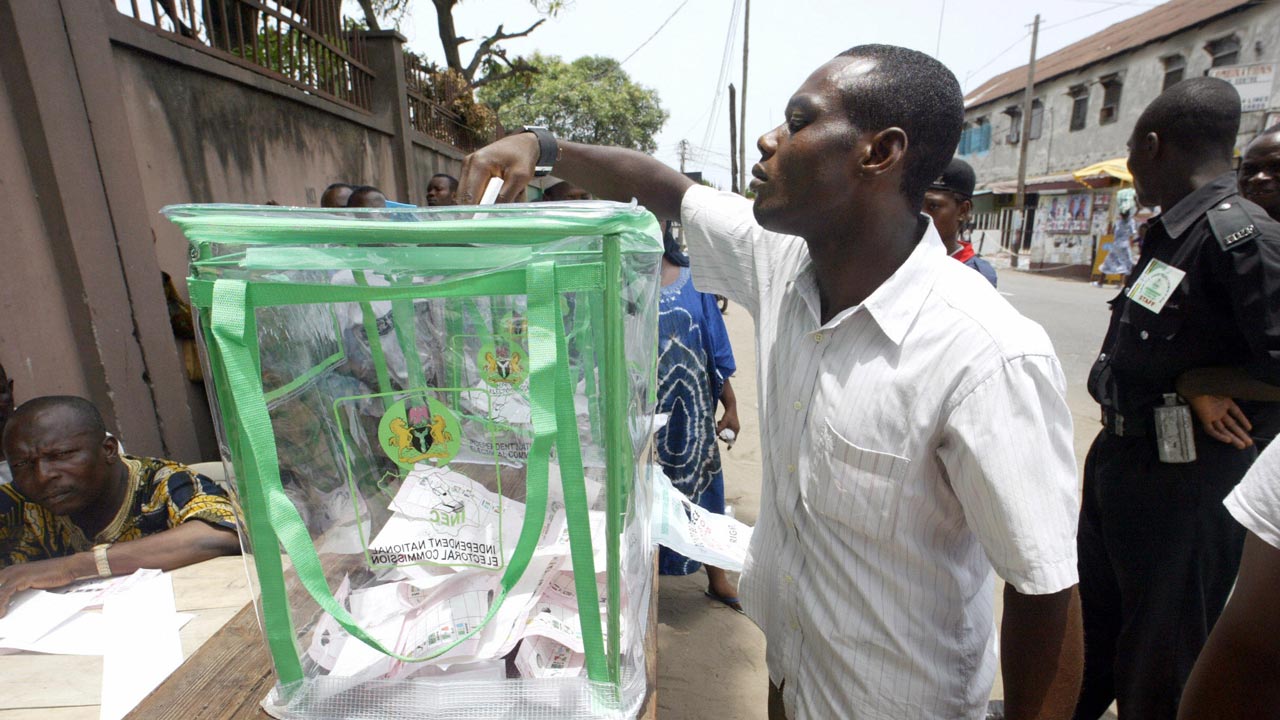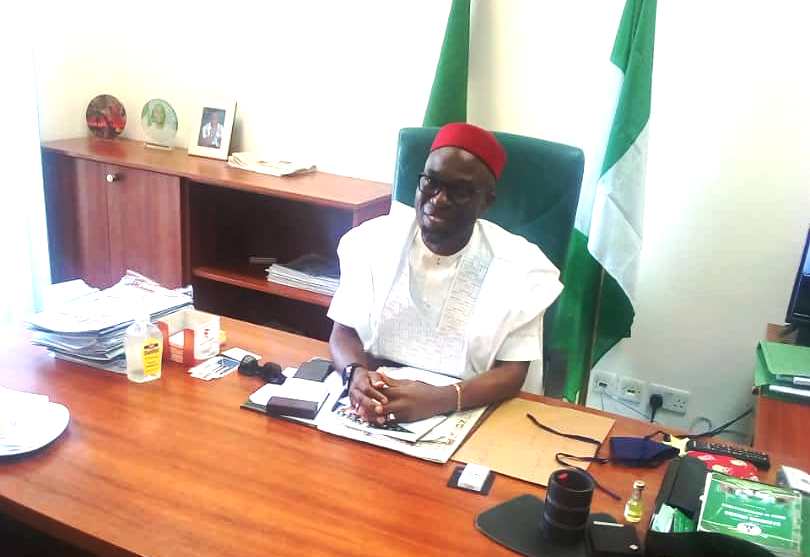Insurers say so! They claim life can be insured for the value placed on it. Do insurers really insure life when life itself has no measurable value in terms of the quantum of money? What then is the value of life? Follow me as we interrogate this all-time proposition by the insurance profession.
People who often speak about the value of human life usually refer to the sanctity of life as God-given which should not be taken away by any individual or State. Literally, it means the premium placed on such life which must not be willfully extinguished either by the individual human being himself or by another. It is also accepted that the greatest asset is the human asset. In every setting, a value can be defined for the purpose and function of this asset. In the case of life insurance, the asset function is the economic usefulness which will be lacking if the person is gone. And this is insurable. It is the functionality of the human asset in this regard that is assured by insurance.
Almost all religions frown at the claims by insurance practitioners that life can be insured and therefore, counteract this claim by affirming that only the Giver of life can insure it.
Insurance and Theology: The Background and Issues, by Myles Tracy, cited an American 89th Congress provision in the Medicare plan where a certain religious cult and other similar cults were exempted from paying social security tax. However, to qualify for such exemption a person must show that he belongs to a sect that teaches against participation in private or public insurance plans. “1 Corinthians Chapter 13 is the often quoted scripture for and against insurance. Proponents declare that if a man is to make love his aim, he must then prudently adopt measures that facilitate the fulfilment of his obligation to his brother or sister.” Whereas the opponents assert that formalizing the love relationship that Paul teaches removes the personal and emotional aspect that love teaches. “They believe insurance is essentially selfish in nature, that its use shows lack of willingness” to live in a faith-based community.
The unwillingness of many religious groups to accept the insurability of life is even more pronounced in our cultures. However, this aversion stems from a lack of awareness of the solutions inherent in life insurance. For instance, while a typical Igbo rejects the idea of life insurance for the benefit of his spouse and children, the same person contributes his quota in furtherance of the concept of “onye m’echi” which literally translates to “who knows tomorrow”. In other words, the belief in the unpredictability of death and the need to pay some money to the community’s common pool to be used to offset the burial cost if any one member passes away. This narrow definition is now expanded in modern insurance practice aiming to “leave something behind for dependents. Equally desirous is funeral insurance as depicted by the Igbo community funeral levy.
Typically before life insurance can be incepted, the insurer must establish that there exists an insurable interest in the person to be insured. It simply means that someone will encounter financial hardship if the person insured dies. Therefore, the insurable interest may be equated to the value of the life insured and in relation to the dependable well-being of dependents. Proof of insurable interest is an essential requirement for life insurance.
Asset Protection vs Life Insurance
In the general description of the insurance proposition, asset protection is often used as the measure of the value of the insured. For many people, it is easier to relate to property insurance as asset protection but not so in the case of life. But a few examples of what constitutes insurable interest may shed light on the concept of life insurance.
- Spouses who have young children and own a home. If either of you were to die, it could create financial hardship for the surviving spouse and children. Therefore, you both have an insurable interest in each other and can purchase life insurance for the other person.
- Partners in a small business. Each business partner can purchase life insurance from the other so that they can fund the ongoing operation of the business if one partner dies.
3) CEO or Keyman insurance also share the same fundamental principles of asset preservation. Here you have a CEO or key-man to a business which may be exposed to possible failure in the event that the CEO dies. The advanced level of this type of insurance is the Directors and Officers (D&O) insurance. The majority of corporate organizations must have this in place.
In each of these examples, the difficulties that parties will be exposed to in the absence of the other is clearly evident. Clearly demonstrated is that in each case, it is asset protection that is being purchased and not necessarily life insurance. It means asset preservation purchased by one party over the life of the other. Perhaps, in an attempt to not adopt a more controversial and unattractive concept like ‘death insurance’, the inevitable conflict with prevailing religious views resulted in the concept of life insurance.
Besides the likelihood of facing a significant emotional, financial or other types of loss that will negatively impact you upon the insured’s death, the risk factors must be evident and clearly demonstrable. An exaggerated value of expected loss would trigger caution on the insurer side even if other proofs of insurable interest have been ascertained.
The economic stake that the one taking life insurance on the other must be high enough and impactful to qualify.
Case Study
Alexandra Twin, a writer for Investopedia demonstrated other situations of ‘Real World’ insurable interest.
“Insurable interest is also necessary in life insurance, though this has not always been the case. There are cases where people have purchased life insurance policies for elderly acquaintances strictly because they expect that person’s imminent death. Life insurance regulations have evolved to require a relationship in which the policy owner will suffer a financial loss in the event of the insured’s death. Hardship may include immediate family members, more distant blood relatives, romantic partners, creditors, and business associates. The face value of life insurance policies must not exceed the human life value of the insured; otherwise, the indemnity principle would be violated, creating a moral hazard.
Also, a policy may not be written without the knowledge of the insured person. This was the case in September 2018 when a California couple was accused of committing three counts of insurance fraud in order to receive $1 million in life insurance benefits. Husband and wife, Peter and Jin Kim purchased life insurance on one of Mr Kim’s clients and listed Mrs Kim as the client’s beneficiary niece. On a second policy, Mrs Kim appeared as the sister of the policyholder. Mr Kim, a licensed insurance agent, also did not inform the company that the client had a diagnosed terminal illness when he submitted the applications.
Certainly, one may take out a policy on one’s old parents provided they meet the required age limits for life cover. This also holds true for other dependents whose death may expose them to economic hardship. Although, these dependents do necessarily have an insurable interest in their benefactor as to take out a life policy on him, due to the high cost of burial and multi-level dependency in our part of the world, a bequest through life investment policy is ideal. While we will examine, in future, the subject of bequest and its various applications, it is important to note that the term insurable interest can apply to other relations whose death may increase the financial burden borne by the benefactor party particularly, when viewed from the prism of dependency culture pervasive in our community and family system.
Yet there is some highly elevating principle behind planning to protect those who will be exposed to financial hardship when you are no longer there to provide for them. Life insurance demonstrates our genuine belief that death is real and comes at its own time. A timely acceptance and recognition that life belongs to your Maker. Such thought is elevating because it helps you to live the moment.
Included in the concept of life savings, asset protection and so on are social security, pensions and annuity. These provide long term investable funds for national development and economic growth if properly used. It goes also to show that insurers believe in the sanctity and longevity of life such as to set a system that pools resources for general welfare and improvement in standards of living.
Why women should be targets of life insurance
Consent by the one whose life is being insured must be obtained as a precondition for incepting the cover.
It is true that the wrong targeting of life insurance by an increasing army of salespeople who target only commissions resulting in numerous cases of ‘misselling’, has caused the industry in Nigeria reputational issues, yet insurance remains the cheapest method of saving up for the family. Misselling is a concept which describes a misrepresentation of a product or service’s suitability. This often happens when products are sold to the wrong targets. It could be due to ignorance by the agent or outright desire to sell for income considerations.
Interestingly, most salespeople target men as the breadwinners to take life policies leaving out the women who really should champion insurance on the life of their men. Women run the homes, and in most cases feel the greatest pain and loss at the demise of husbands and thus, should actually take a policy on the life of the man. Since the majority of our men resist life insurance (based on traditional beliefs that one cannot plan for his death) the women can fund a life policy by increasing the household budget and setting aside a portion to pay premiums. Of course, this should be done with the consent of the man.
Life insurance is all about affirming the value of life. If you believe that your life is valuable to you and other people who depend on your existence for their own livelihood, then you ought to take a life policy. For those who dislike the term, life insurance, I would say, replace it with “care cover” or “family asset protection,” it would achieve the same purpose of empowerment for the family.






